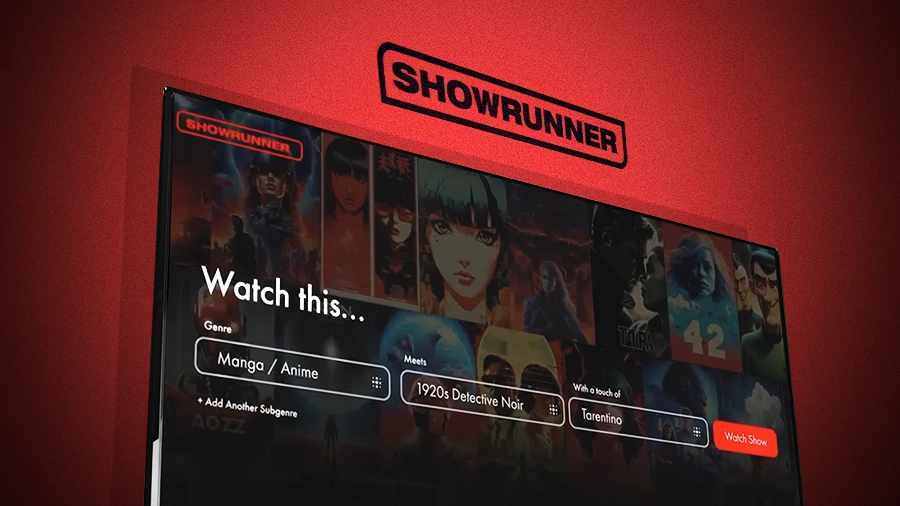With AI-powered tools like Fable’s Showrunner now backed by giants like Amazon and capable of generating entire episodes of shows like South Park from a simple prompt, the entertainment landscape is at a critical fork in the road regarding creativity and ownership. We are on the cusp of building one of two futures: a democratized digital world where creators are paid for their contributions, or a state of “techno-feudalism” where a few powerful platforms own everything and everyone else is just paying to play.
We spoke with Jaime Schwarz, a Creative & Brand Strategist and the Founder of Brand Therapy and the Founder of digital rights and royalty management music platform MRKD.dj. As the holder of the world’s first patent for NFTs, filed a year before Nike’s famous CryptoKicks patent, he offers a perspective forged from a long-term vision for how to authenticate and value digital IP in a copy-and-paste world.
When the dust settles on the AI revolution, Schwarz was clear about what’s at stake. He argued that we are facing a stark, binary choice that will define the next economic era.
- The fork in the road: "We either have techno-feudalism or an IP economy. There is nothing else," Schwarz said. "AI doesn’t own IP, but it is taking it. The courts could decide that means full-on theft and force everyone to pay for source material.
Schwarz’s vision for a vibrant IP economy is built on a simple, powerful idea: giving creators and consumers a reason to own digital goods again. This “prosumer” model flips the script on the rental-based subscription economy, creating a world where individuals can build real value and legacy through their creativity.
- A reason to own: "Right now, you pay AI tokens for their compute; you don't pay tokens for the source material. That's the big switch we need to see," he explained. "The SaaS model is the problem. We have to have a reason to own again. If I have a reason to own music again, all of a sudden that ownership money goes into the economy, and we have that be fairly distributed."
- The prosumer model in action: Schwarz argued that the future hinges on whether individuals can add value and ownership to digital goods, rather than being locked inside platform-controlled walled gardens. "Imagine I buy a blank Stormtrooper. I put a bunch of provenance into him—my own creative layer, my own story. Now he's worthy of having a reality show with Strawberry Shortcake or whatever because I created provenance value. That’s the kind of ownership that builds an economy instead of just renting space inside someone else’s platform."

